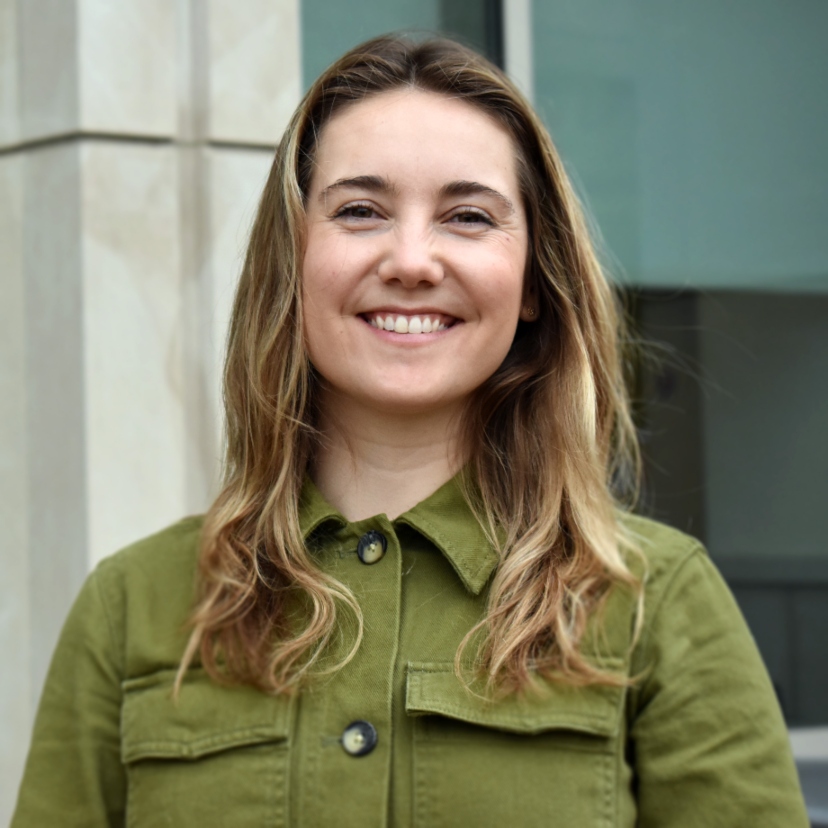
Team Manager, Religiosity Specialist
Funder groups are formal or informal networks of philanthropic organizations sharing a common interest or cause. Funder groups maximize impact within the philanthropic community by providing opportunities for grantmakers to collaborate and share knowledge and resources. Relatively little research exists about this class of philanthropic organizations, and even less considers the presence and influence of faith within these networks. Our goal is to understand the degree of collaboration between secular and faith-based foundations and grantees within these funder networks. In our analysis, we determine the relationship, if any, between the religious nature of a funder group and its member composition.
Our initial exploration of funder groups, also referred to as philanthropy serving organizations (PSOs), led us to discover United Philanthropy Forum – a national network of more than 90 PSOs from across the United States. PSOs are distinct types of funder groups that are formalized organizations as opposed to casual networks. United Philanthropy Forum serves as a funder group for funder groups, bringing PSOs together to bridge geographic boundaries and increase the impact of philanthropic giving. As United Philanthropy Forum provides the largest publicly available list of funder groups through their membership directory, we used this organization as the starting point for our research.
We scraped the web and extracted the public membership lists of 71 of United Philanthropy Forum’s member groups. The resulting dataset contains more than 6,000 foundations and grantees across the nation. We cross-referenced this list of members against a dataset belonging to Dr. Brad Fulton, which categorizes over 200,000 foundations and charities as either secular or faith-based according to the organization’s mission statement.
United Philanthropy Forum’s network appeared to lack funder groups explicitly dedicated to religious interests, therefore we discovered seven additional faith-based funder groups to include in our dataset. We identified the membership lists of three of these groups and completed the same matching process with Dr. Fulton’s data to determine the religious classification of their members.

Team Manager, Religiosity Specialist
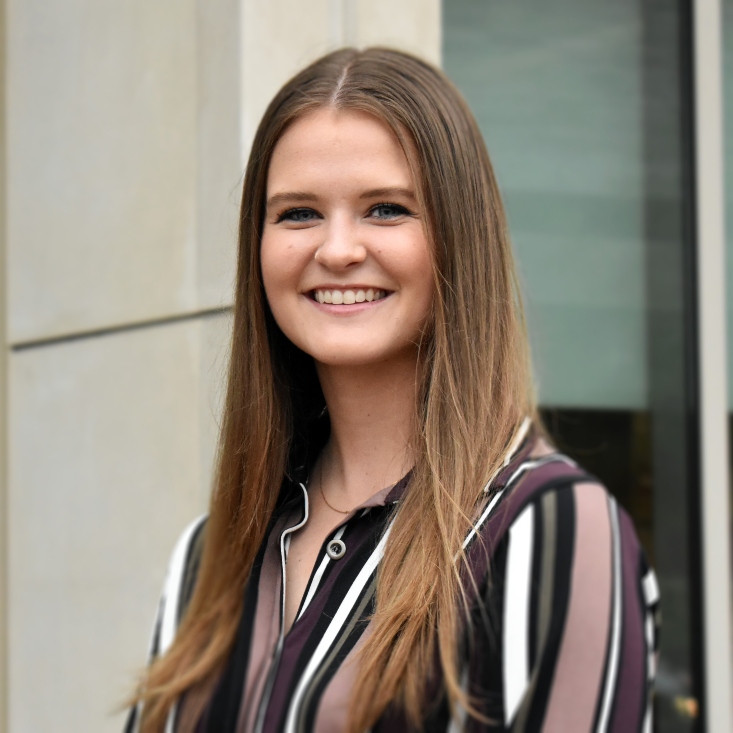
Religiosity Specialist
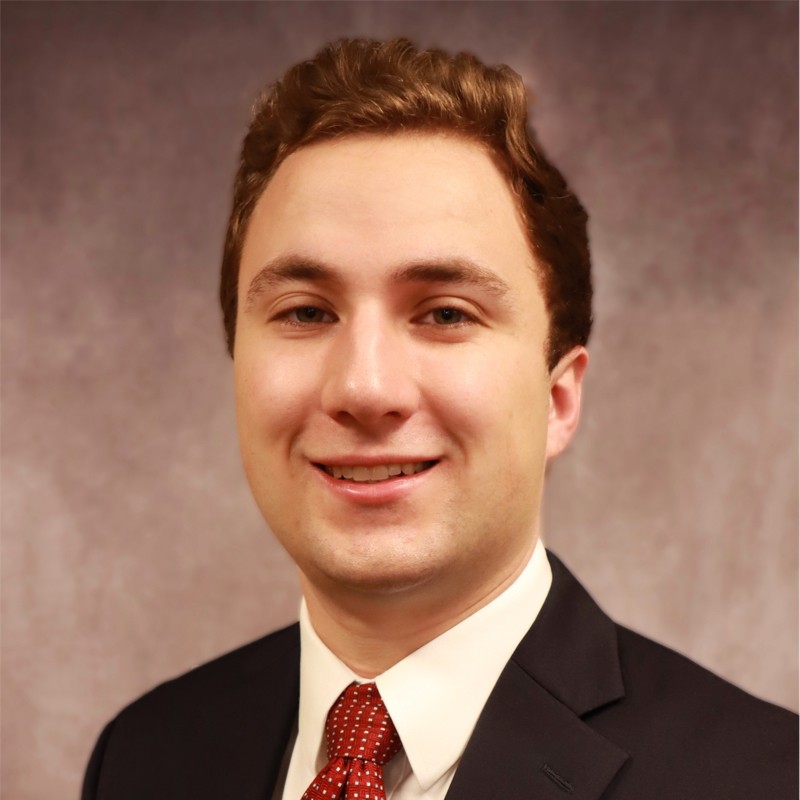
Religiosity Analyst
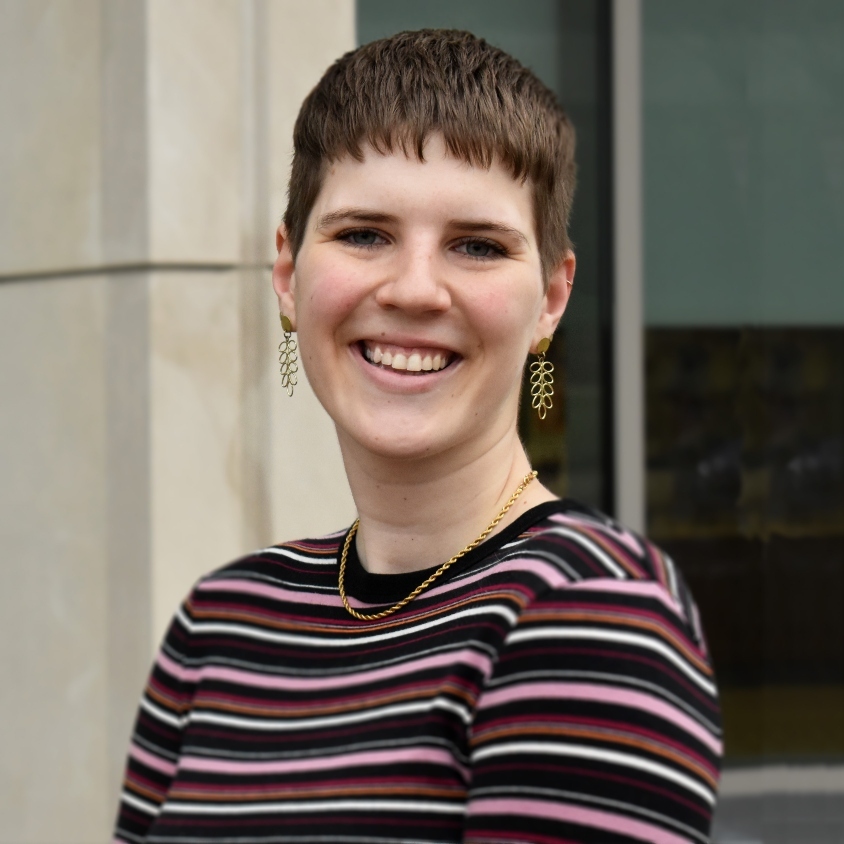
Website Manager
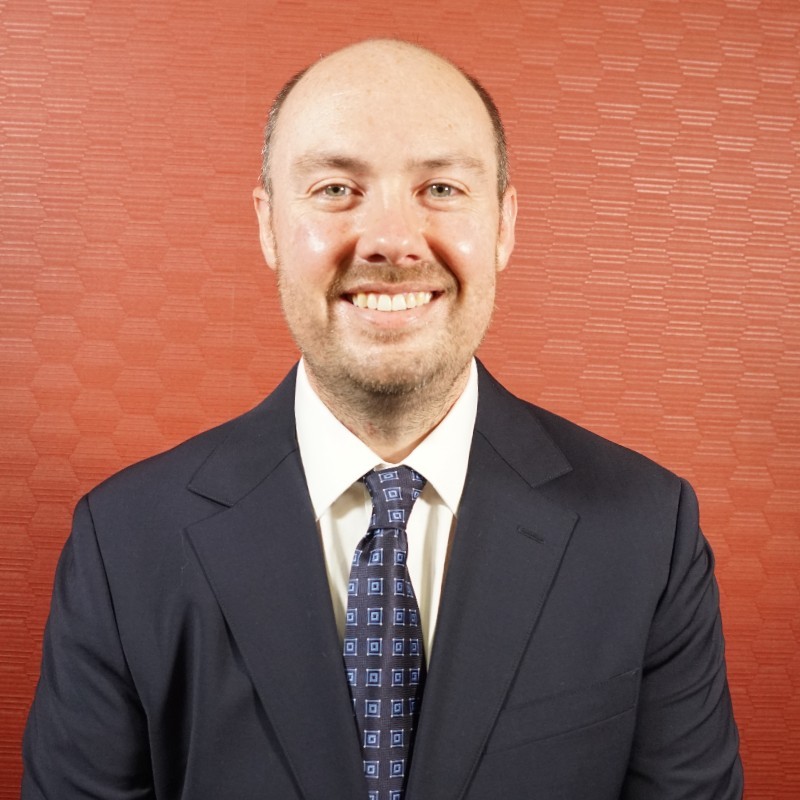
SQL Database Manager
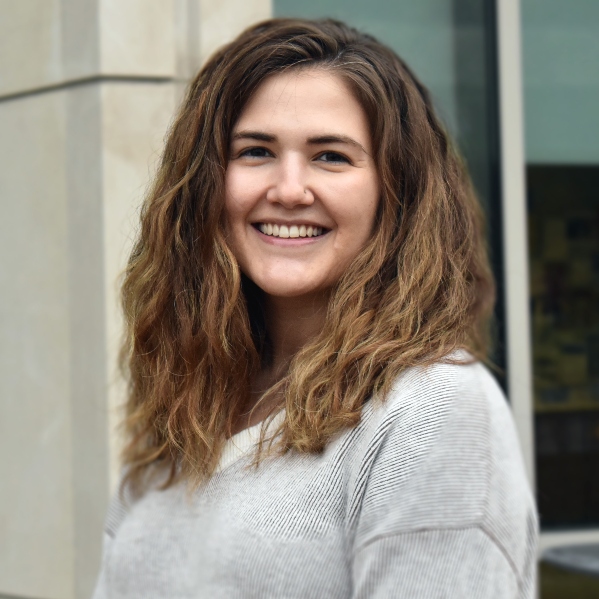
SQL Database Manager
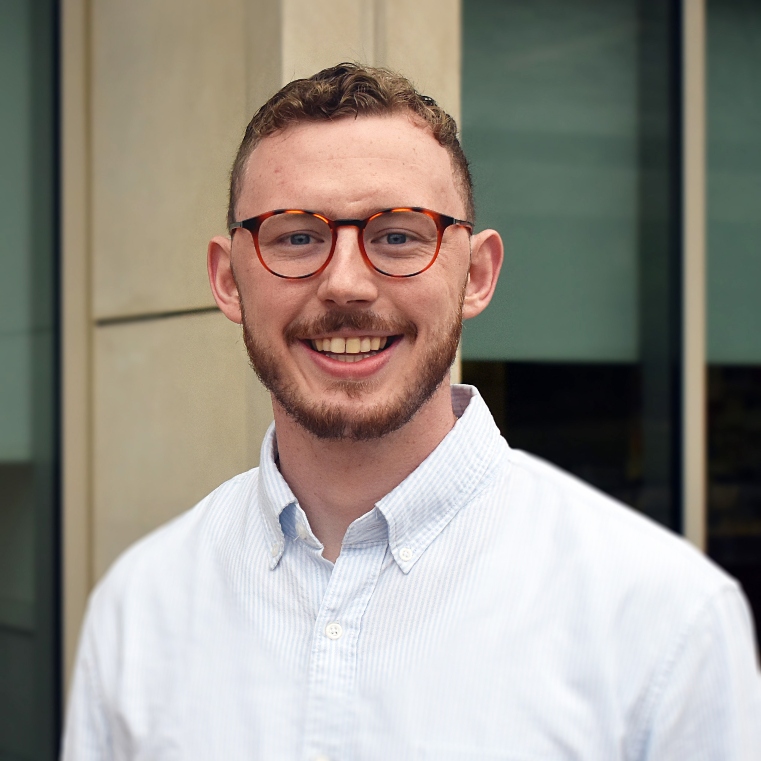
Data Analyst, Website Liaison, Document Designer